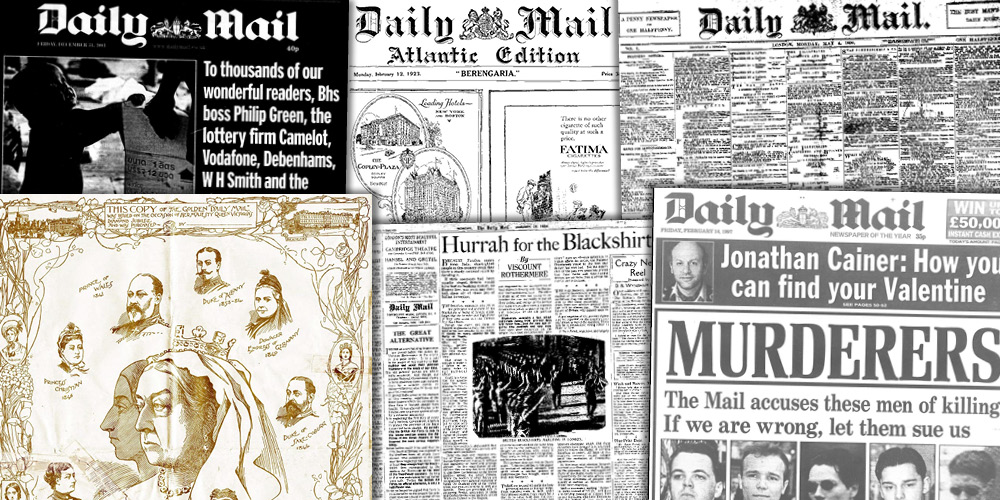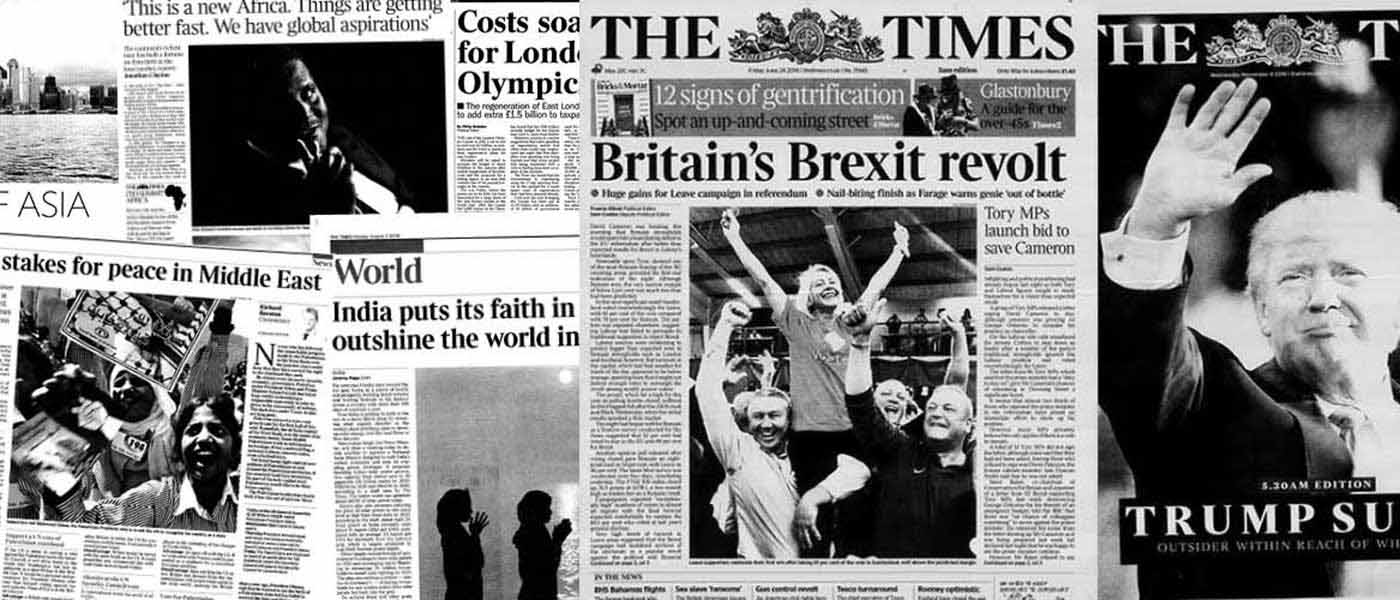Delve into four decades of fearlessly independent journalism written from a unique political perspective
The Independent Historical Archive brings an alternative perspective to the more conservative and establishment-supporting views of the Times and the Daily Mail. First launched in 1986 as an antidote to its often overtly political rivals, it is generally regarded as centrist, presenting fresh, alternative views on the free market, social issues, and culture.
This archive includes every issue of The Independent and The Independent on Sunday up to 2021, meaning researchers can explore British and global politics, society, and culture in the late 20th and early 21st century, including its strong campaigning positions on drug legislation, the war on terror, and the environment.
*Customers who previously purchased the original archive covering 1986-2016 can get the years 2017-2021 to extend their existing archive. Please note that the 2017-2021 module is only available as an add-on to institutions that own the original archive and not as a standalone purchase.

VIEW SAMPLE ARTICLES ON THE GALE PRIMARY SOURCES PLATFORM:
HIGHLIGHTS | NOTABLE CONTRIBUTORS

The Independent is a major British daily national newspaper, launched in 1986 as an antidote to its often overtly political rivals. Its evolution over a quarter of a century has been considerable, but the publication has also retained a unique position in British journalism. Featuring journalists and columnists from across the political spectrum, the paper is generally regarded as centrist, presenting fresh, alternative views on the free market, social issues, and culture.
Over the last thirty years, the Independent has taken strong campaigning positions on issues such as drug legislation, the war on terror, and the environment. It received the Newspaper of the Year award in 1987 by What the Papers Say Awards, a BBC radio and television program. It received the award during its first full year of publication, and by the end of 1988, its circulation had risen to more than 400,000. This success led to the launch of The Independent on Sunday in January 1990.
In the 1990s, The Independent scored a series of scoops when it published three separate interviews by its Middle East correspondent Robert Fisk with a then little-known Osama bin Laden. In British politics, it has been a strong advocate of electoral reform, arguing that the UK's first-past-the-post system and unelected House of Lords are not suited to a modern democracy.
In 2004 The Independent was again named newspaper of the year in recognition of its "constant and brave" editorial stance.
In 2016, the Independent became the first national newspaper to go digital only, with its last print edition released on the 26th of March. Since then, readers with access to Independent Premium received a digital replica of the newspaper, an ad-free daily that retains the look and feel of the old print edition. These papers are now a part of the Independent Historical Archive with its new supplement, including all the biggest stories, puzzles, and more.
Key campaigns include:
- Against the 2003 invasion of Iraq
- Criticism of US and UK foreign and domestic policy related to the War on Terror following the September 11th attacks
- Demands for UN intervention in Sarajevo in 1993 following the collapse of Yugoslavia
- Support for electoral reform
- Raising awareness of environmental issues, especially highlighting the dangers of climate change
- Against the introduction of ID cards
- Support for immigration to the UK, distinguishing itself against the mainstream British press
- The 1997 campaign in the Independent on Sunday for the decriminalisation of cannabis. The paper subsequently reversed its opinion a decade later because of stronger strains of "skunk" being smoked by young people

Gale Primary Sources | Gale Review Blog
Archives Explored | Gale Digital Scholar Lab | Sign up for Updates

Look Inside
Additional Details
subjects covered
- Asian Studies
- Chinese Studies
- Japanese Studies
- South & Southeast Asian Studies
- Business & Economics
- British Studies
- European Studies
- East European & Russian Studies
- Western European Studies
- Gender & Women's Studies
- Humanities & Social Sciences
Platform Features & Tools
Term Frequency
Researchers can see the frequency of search terms within sets of content to begin identifying central themes and assessing how individuals, events, and ideas interact and develop over time.
Topic Finder
By grouping commonly occurring themes, this tool reveals hidden connections within search terms—helping to shape research by integrating diverse content with relevant information.
Cross-Search Capability
Search across the content of complementary primary source products in one intuitive environment, enabling innovative new research connections.












